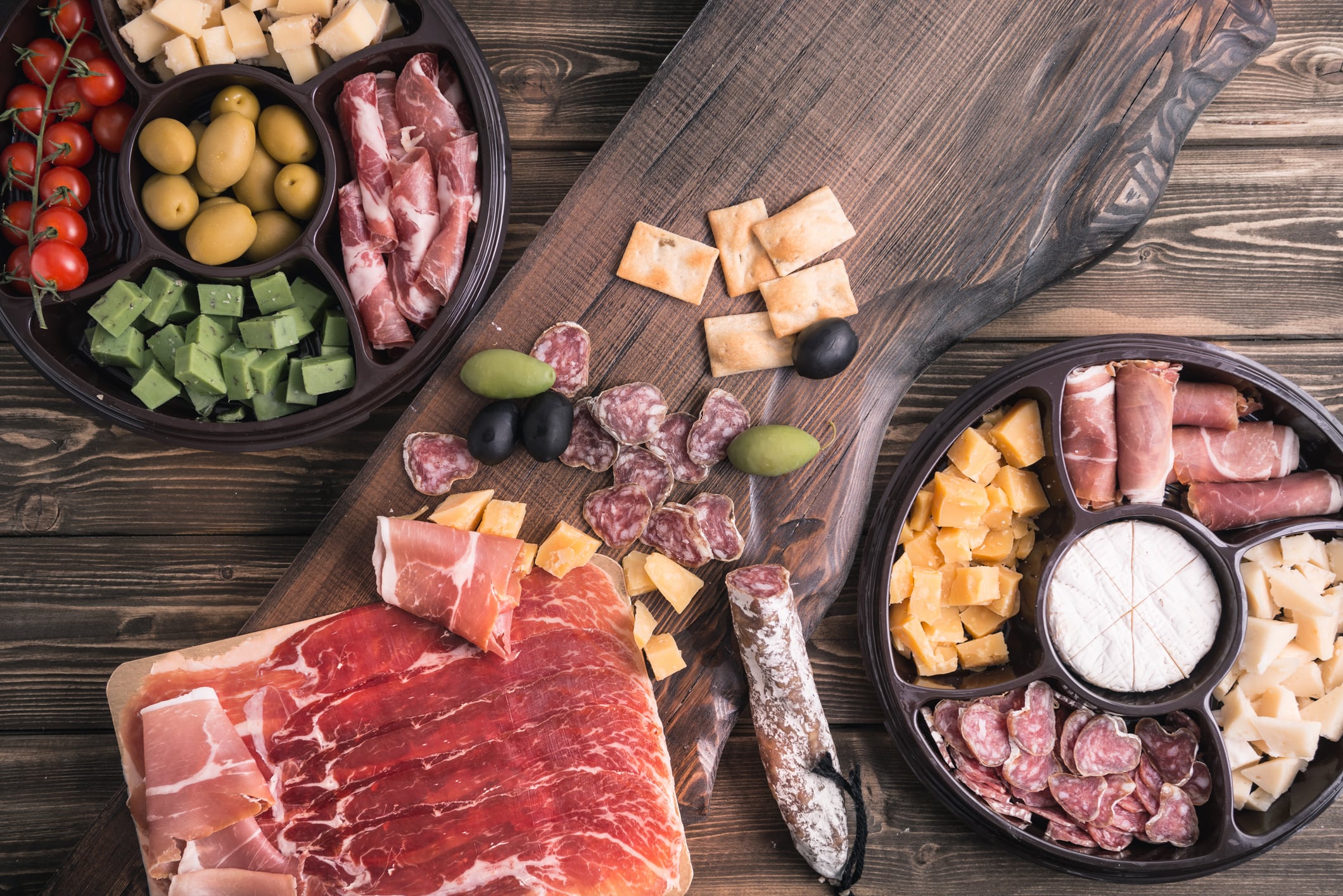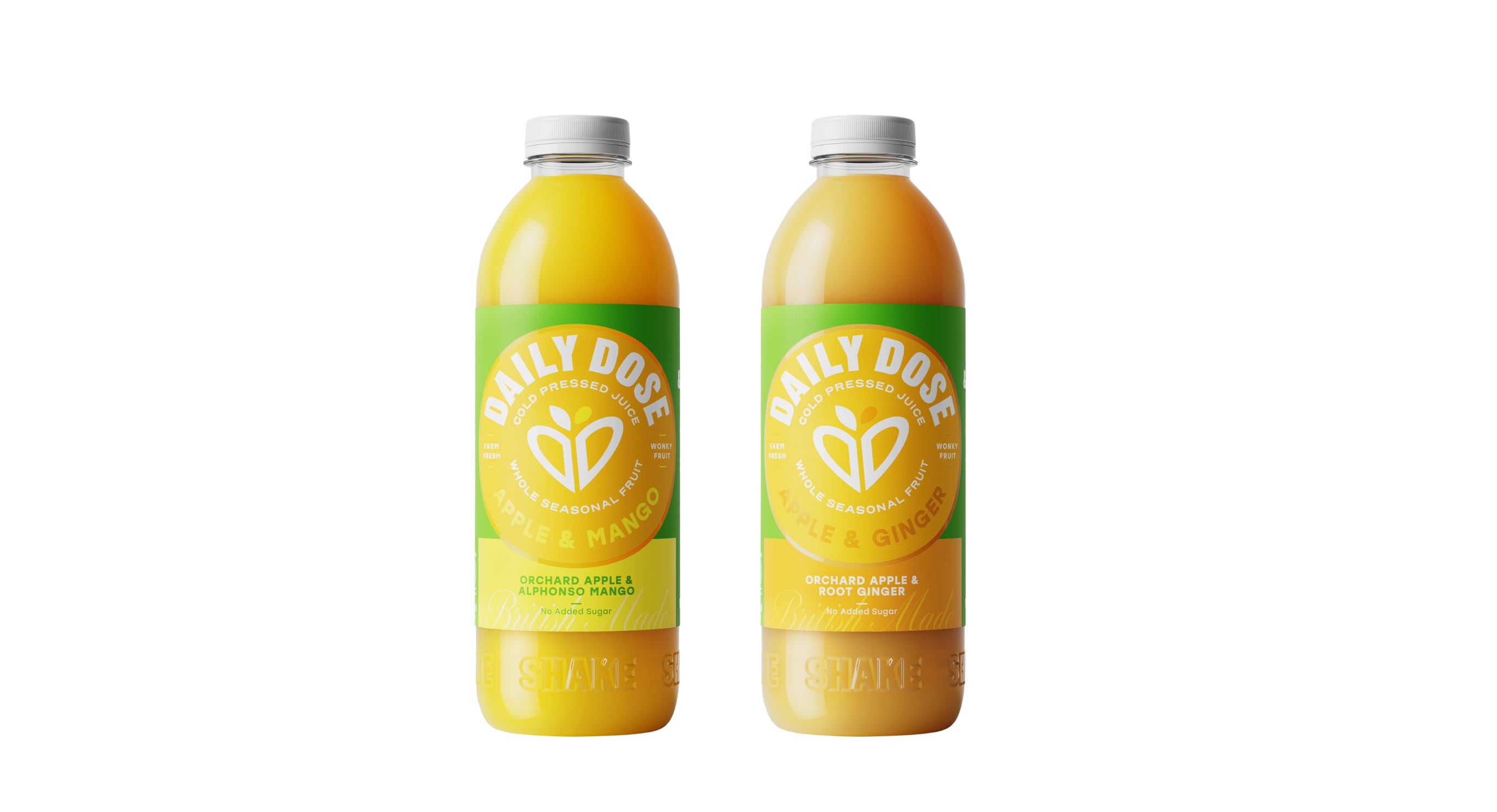In April 2024, EU member states endorsed a proposal from the European Commission to ban eight smoke flavourings commonly used in the food sector from use in the UK, and, by virtue of our alignment with the trading bloc on food safety, in the UK too.
The new regulation set out different phase-out periods – depending on the use case – to allow food manufacturers time to adapt. For example, in instances where smoke flavourings are used to replace traditional smoking (e.g. hams, fish or cheeses) the phase-out period is five years, while in the case of smoke flavourings added for extra flavour (e.g. in soups and crisps) the rules come in next year.
In light of the regulations, all new smoke flavourings now need to be authorised before they can be placed on the market in Britain. This has left flavour manufacturers working hard to create alternatives which comply with the new rules and meet the evolving needs of the food sector.
Huw Griffiths, founder and CEO of smoke and grill flavour producer Besmoke, said the regulations have triggered the start of a “new era” for the food industry.
“If they haven’t already, producers that use smoke flavourings for meat, fish, dairy, sauces and seasonings must re-engineer what they do and quickly,” he explained.
“Smoke flavourings will be gone completely from dairy, meat and fish by 2029, but they will be banned in snacks, seasonings and sauces well before that – in July 2026. This gives producers late to the party very little time to reformulate products.”
Flavour house I.T.S has responded by releasing its own range of 15 ‘smoke-free’ flavours that can legally be used on products sold in the UK. Work on this range has been ongoing for some time, the result of pre-existing rules governing the use of smoke flavourings.
“While demand for smoked flavours, particularly in meat and cheese and, increasingly, in the plant-based category grows, legislation surrounding the use, labelling and declaration on-pack of smoke flavours has always been quite distinct,” Mike Bagshaw, founder of I.T.S told Food Manufacture.
As a result, Bagshaw says many producers “have been reluctant to use ‘real smoke’ for some time”.
The ban was inevitable
As is the case with most major regulatory changes, the response from industry and the wider public has been mixed.
For example, in January 2025 the Irish Times reported that several states lobbied the EU over the ban, raising concerns over its impact, while several firms within the meat industry were quick to criticise the regulation following its announcement.
Despite objections, Bagshaw said many manufacturers were well “ahead of the game” and already sourcing alternative ingredients and reformulating recipes to “naturally recreate the flavour and aroma of smoke” in their products.
“There was some kickback on the ban [but] the move has been largely expected,” he added.
Griffiths offered a similar assessment, describing the EU’s decision as a response to the “completely understandable public concern over smoke flavourings”.
He continued: “The writing has been on the wall for many years. The whole basis of our business is clean-declaration smoke and grill ingredients produced through patented technology that removes carcinogens, coupled with a love of safe, healthy and tasty food.
“We’ve already been working closely with many producers for years on this, but the ban creates a truly game-changing market opportunity for us. Being squarely outside the scope of the ban, it’s finally our time to shine.”
Impact on products
Both Besmoke and I.T.S have been working on alternative solutions to ‘real smoke’ flavours for some time in anticipation of some sort of regulation being introduced. And in addition to believing that the new solutions they have developed are healthier, both firms are confident that they do not compromise taste either.
“[Food manufacturers] can maintain the same taste, and even improve it, by moving to naturally produced smoked ingredients,” contended Griffiths.
“That means a production process, as we have at Besmoke, focused on low-temperature pyrolysis. We filter out the harmful carcinogens and release only the naturally occurring and highly desirable smoke flavour volatiles. The result is cleaner, safer and tastier smoke and grill ingredients.”
The range of ‘smoke-free’ flavours developed at I.T.S are all natural, which also allows food manufacturers to make the switch without the need for complex on-pack labelling declarations.
“There are 15 products in the I.T.S range including familiar ‘smoked’ styles such as hickory, beechwood or applewood, smoked paprika, and smoked BBQ,” Bagshaw said.
“[Then there are] more unusual ones which carefully combine the smoke element with other flavours, including smoked vanilla, smoked maple, and smoked fruits like apple, plum, and strawberry – ideal for bakery applications and for use in ready to drink cocktails, for example.”
So far the ban hasn’t led to any reduction in the demand for smoke flavourings – of the alternative kind at least – with Besmoke experiencing an intensification in the number of enquiries since the ban was announced.
“We’re hearing from companies in all regions that export into Europe,” Griffiths said.
“They are all considering how best to move away from flavourings targeted by the ban. The fact is people have got used to a ‘poor relation’ – mass-produced flavourings that, more often than not, offer only substandard taste. The usual process creates dense acrid smoke condensed into water or another solvent, delivering a result that is burnt. It’s like a furnace of acidic, bitter wood tar that tastes the same whether it’s applewood or hickory.”
To avoid this, Besmoke has developed a method which enables woodsmoke to retain its “delicate” qualities and produce a flavour that is as he describes it: “distinctive, natural and beautiful”.
“We ensure the flavour volatiles remain intact, so when you compare hickory versus apple, for example, the aroma and taste are very different,” he continued.
“Our whole mission and campaign strapline is to ‘reclaim the flavour of smoke’. This reflects the opportunity we see to bring taste, technology and innovation together to create outstanding, ultra-clean-declaration ingredients. We are innovating on top-note creativity to produce the most delicate of flavours and our technology can support versatility that is virtually without limit.”
On top of demand for natural smoke flavours from meat product manufacturers and snacking brands, I.T.S has seen strong demand from the plant-based sector. The firm’s smoke-free flavourings are now often used on meat and cheese alternatives.
“Consumer demand for a ‘new twist’ on flavours they know, and this means we are seeing the use of smoke to add a contemporary dimension particularly in the bakery and beverage categories,” Bagshaw said.
“Smoky flavours pair well with sweet notes to give options such as [a] smoked caramel sauce or smoked strawberry Daquiri.”
Looking ahead, Griffiths expects the ban to have a really positive impact on the food sector because it will make a range of products healthier.
“[Food manufacturers] can look to naturally smoked, wholesome, clean-label ingredients that infuse the flavour they want for meat, fish and other foods,” he said.
“The ingredients could be in liquid or dry powder format. It’s down to the use of low-temperature pyrolysis and how you retain the integrity of the woodsmoke through natural airflow, sustainably sourced smouldering woodchips, time and craftsmanship.”





